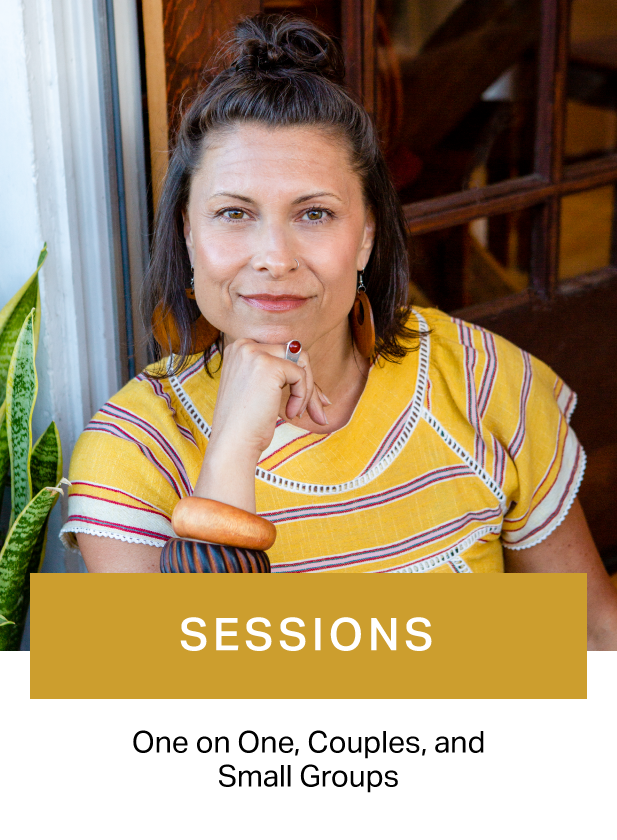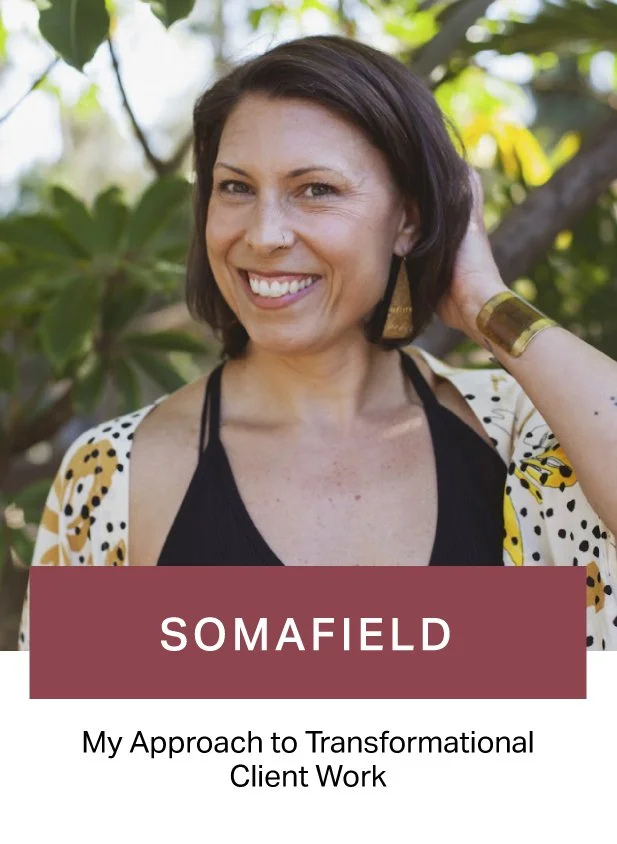Detoxing From Wellness Culture
One of you who shall remain nameless (but you know who you are, I love you!) tagged me in a post on fb thanking me for recommending the Maintenance Phase podcast I wrote about last week. The podcast is basically “wellness and weight loss, debunked and decoded.” (That’s from their blurb).
Anyway, in the comments on that post, someone I don’t know wrote that they loved the show because it’s been a great detox from their hippie years and all the abelism and anti-fatness of the wellness industry.
Now, I LOVE when someone just nails something with language so eloquently so I haven’t stopped thinking about those words since.
Because, yes, wellness-culture detox is needed and I wish more of us were on that train. If I had to encapsulate (no pun intended) the general message of the 1.5 trillion dollar wellness industry, it might sound something like this:
“You’re broken and I can fix you.”
Or sometimes
“You’re broken and your body can heal itself…with the help of this thing I sell.”
These messages are all kinds of problematic.
We apparently aren’t yet over shaming ourselves in order to try and help ourselves (which, hint, never works). I want us all to learn how best to support our mental, emotional, physical, financial, relational, and spiritual health and as a therapist, I know that that often requires support.
But let us all do our best to stay on the lookout for those messages that shame, punish, demean, bully, ridicule, and exclude, no matter how compelling or shiny or aspirational or seemingly empowering the packaging.
Who is left out? What are the underlying messages here about our bodies and about the process of healing and by this definition, who has access to it? Is this statement actually fair to someone who isn’t white or able-bodied or affluent or someone for whom the systems we all live under are stacked against?
I’ve now lived through two life-threatening illnesses that were chronic, where I was house-bound for years and I consider myself very lucky to have survived, though I did also work very hard on my healing. I was blessed to be able to do that. During each of those times I learned different things about myself and about the culture we live in, but there was one thing that was consistent.
My crunchiest, hippiest, supposedly most spiritual and most wellness-influenced friends were not the ones that were the most supportive. Those were the people who told me maybe my emotions were the cause of my symptoms or that I needed to try and be positive or that they couldn’t be there for me because my fear was too toxic. They disappeared or treated me as a charity case or acted like nothing was actually wrong or saw me as responsible for my conditions. They weren’t able to stay in healthy relationship with me.
The most supportive people were the ones who said I’m so sorry you’re suffering, this isn’t your fault, and I’m here for you. They made time for me and watched shows with me and let me know they were thinking of me. They laughed with me. When we talked, they didn’t make the entire conversation about my illness. And even now when we talk, they help remind me of how harrowing what I went through actually was. There’s no sugar coating.
It’s all very ironic because what true wellness says is you are not your affliction and I’ll be here and love you and you don’t have to earn it and I understand. True wellness still places boundaries that help both people’s needs get met in a relationship, but it doesn’t shame or blame people for what they experience. True wellness has a lot of simplicity at its core. It’s just…empathy.
Empathy goes a long way and I think almost anyone these days would say it’s in short supply. We can all try and do better and apologize when we don’t. Let’s just do our best to choose the influencers and the emails and the practitioners and the friends who have real empathy in them. I’m trying too




